This paper introduces an theoretical and interpretive tool, the Process of Argumentative Aphasia, for...


This paper introduces an theoretical and interpretive tool, the Process of Argumentative Aphasia, for...

The Mosaic Atlas is the brainchild of Mosaic America, initiated by a group of immigrant women in an organization...

This article shares an innovative, community-centered method for research, sensemaking, and innovation in social...
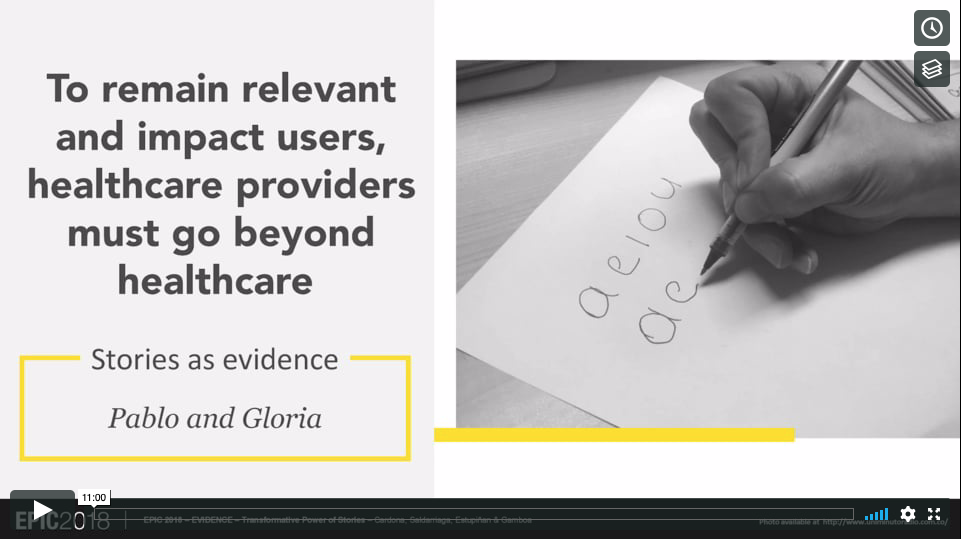
Case Study—In this case study we describe how we collaborated with a Colombian healthcare provider company and enabled its decision makers to understand the power of stories and other types of qualitative evidence in healthcare contexts. The stories became a tool for recognizing singularities in a...
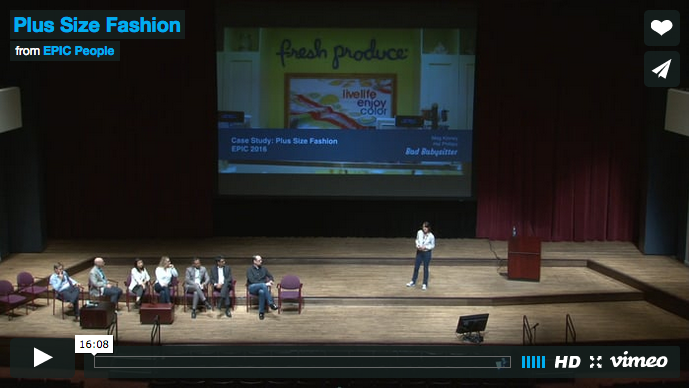
Case Study—This case demonstrates the power of video as a data collection tool and a storytelling approach to the presentation of research findings. Fresh Produce Clothing specifically selected Bad Babysitter as a consulting partner for their expertise in video-based ethnography and narrative...
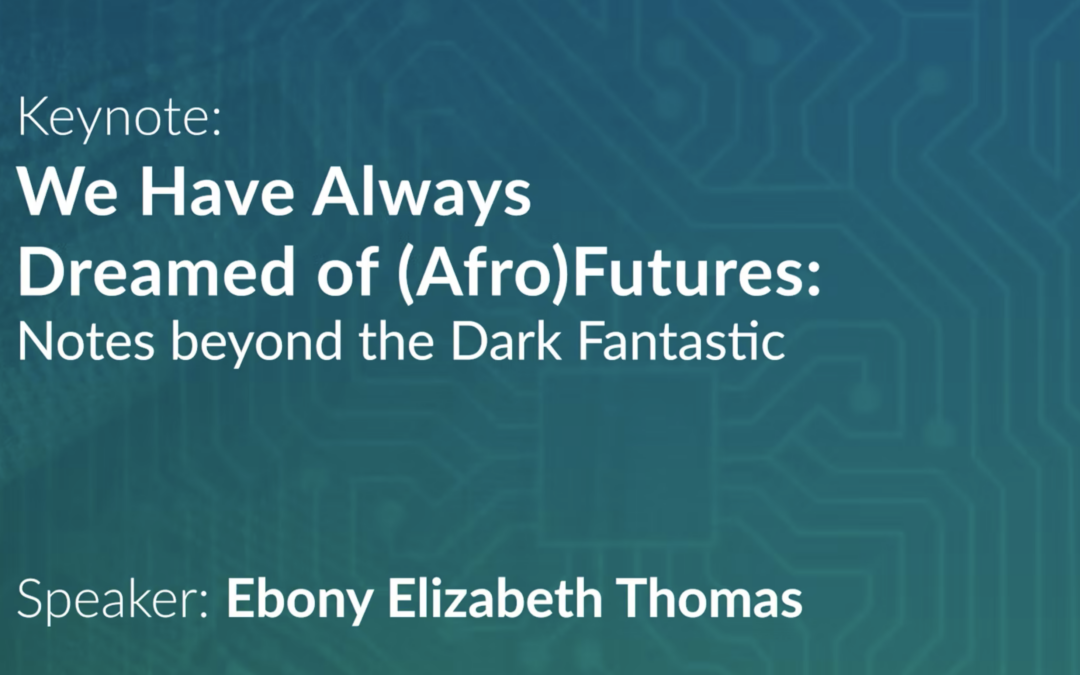
Ebony Elizabeth Thomas is Associate Professor in Educational Studies at the University of Michigan. She studies how people of color are portrayed, or not portrayed, in children’s and young adult literature, and how those portrayals shape our culture. As children’s and young adult literary empires...

Our team unites qualitative researchers, designers, and prototyping engineers to investigate workplace technologies using a four-step process: ethnography, analysis, intervention, measurement. Projects develop in relation to the needs of internal corporate units identified as project stakeholders....
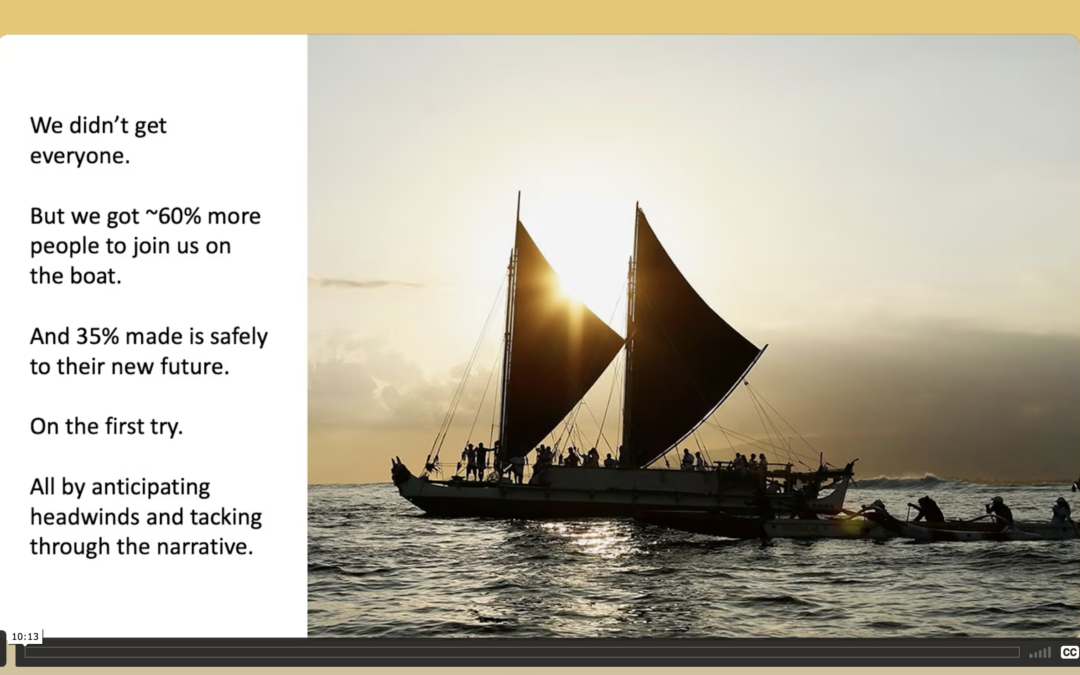
This paper proposes a framework for addressing entrenched resistance to change. It borrows a metaphor from sailing to suggest that the best way through unwanted transformations is by “narrative tacking.” Drawing a parallel to how sailors navigate through headwinds by “tacking,” I argue that...
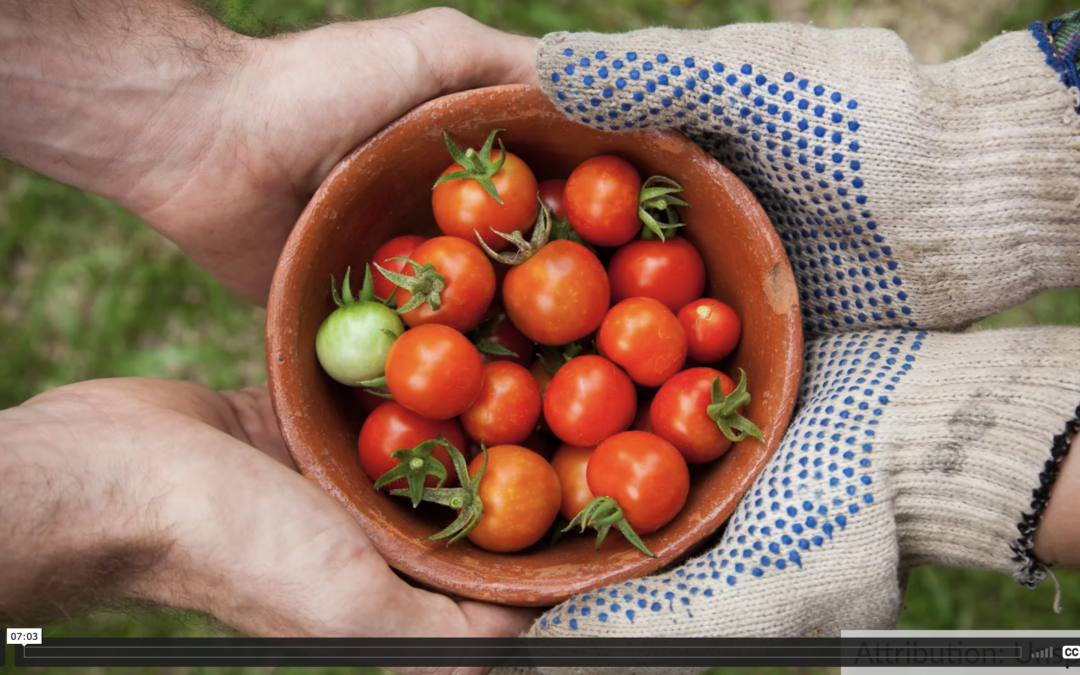
PechaKucha Presentation—Unprecedented. Unprecedented. Unprecedented. How often did we hear that word at the onslaught of the Covid-19 pandemic? But was it really unprecedented? We’ve been warned for years that a pandemic was imminent. We know the world has been devastated by them in the past. So...

PechaKucha Presentation—What do Hamlet, Daenerys Targaryen and Persona development have in common? As an actress I had an in-depth understanding of character development but struggled with creating insights from personas. I embarked on a quest to find out why. I interviewed one of the greatest...